Urban-Act Project Collaborates with DPT to Enhance Cooperation in Low-Carbon and Resilient Cities Planning
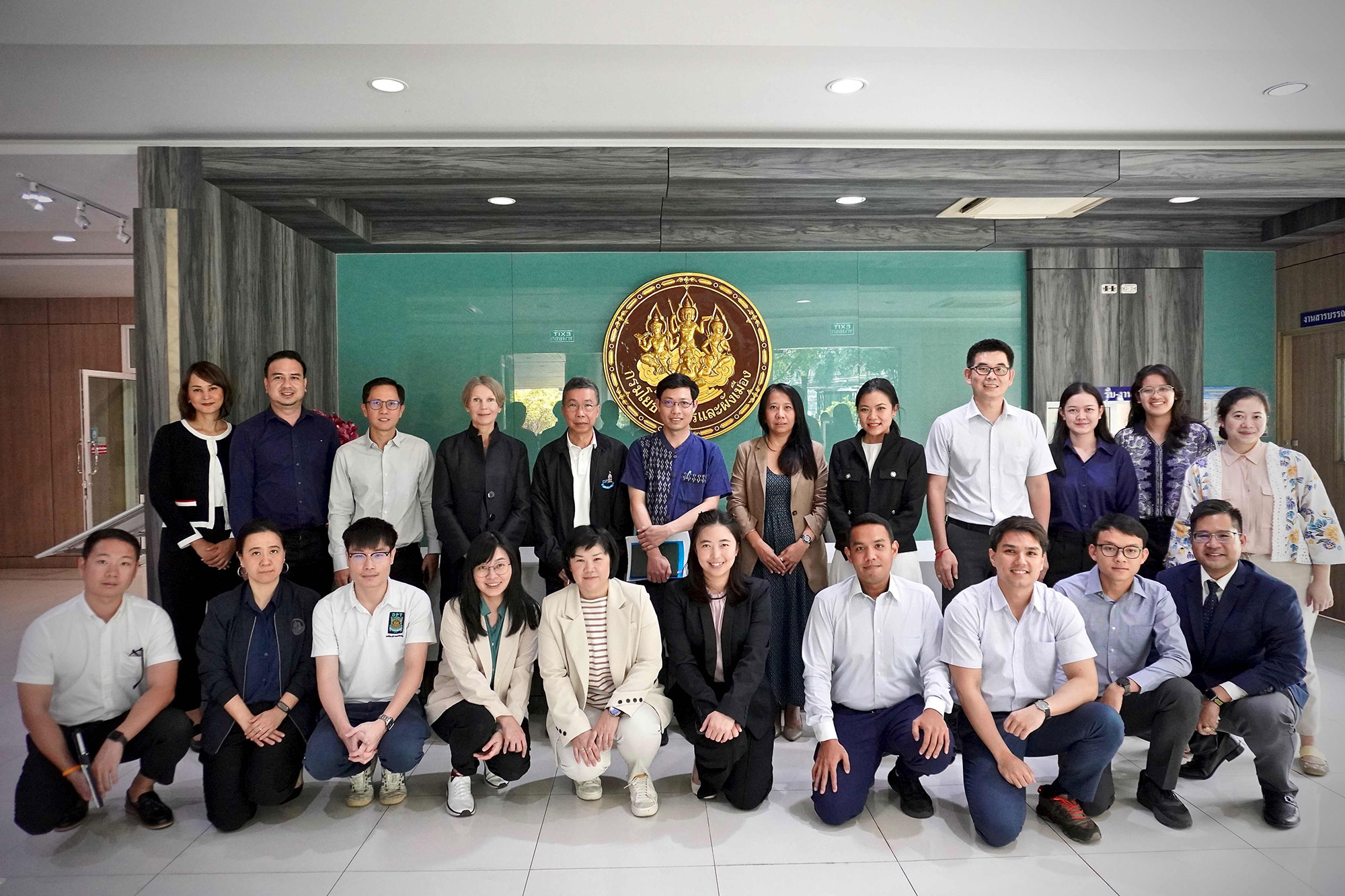
Participants in the meeting to enhance cooperation in the low-carbon and resilient cities planning included DPT representatives and Urban-Act team.
- GIZ and DPT have jointly navigated the journey towards enhanced cooperation in planning low-carbon and resilient cities.
- The meeting aimed to introduce the project and discuss potential transport activities supporting DPT’s town and country planning engineering.
- This meeting marked the initiation of mutual understanding, defining scopes and setting objectives for our collaborative efforts.
The Integrated Urban Climate Action for Low-Carbon and Resilient Cities project (Urban-Act), under GIZ and the Department of Town and Country Planning (DPT), a vital implementation partner, held discussions with the Town and Country Planning Engineering on 12 January 2024, at the DPT office on Rama IX Road, Bangkok, with the aim of enhancing cooperation.
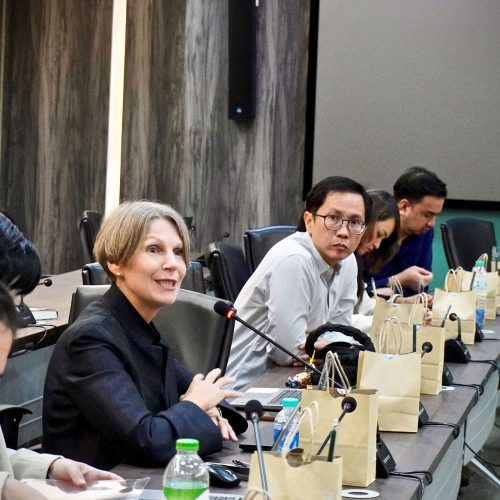
Dr Dominika Kalinowska, Director of GIZ’s Transport Projects Thailand/ASEAN, and a representative of the Urban-Act project
GIZ took the opportunity to greet the DPT, led by Dr Dominika Kalinowska, Director of Transport Projects Thailand/ASEAN, a representative of the Urban-Act project. The Urban-Act team expressed gratitude to the representatives from the Town and Country Planning Engineering Bureau, for recognising the benefits and importance of support from the project, as well as engaging in discussions to collaboratively define the direction for aligning project support activities with the mission framework.
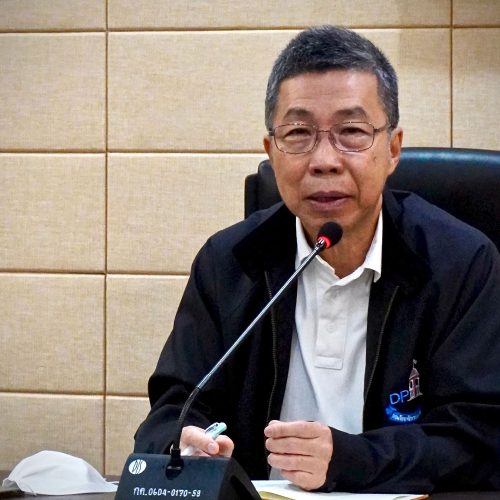
Wichai Kittipichai, an expert in civil engineering planning
The starting point of incorporating climate-integrated knowledge into the processes of transport planning and sustainable urban mobility planning for creating low-carbon and resilient cities was mutually identified, and the mode of collaboration within the project was also defined.
The participants included DPT representatives and experts in civil engineering planning, transport and utility planning, low-carbon energy research, and urban and regional planning. In addition, the Urban-Act’s project partners, namely joined the meeting, including were Chulalongkorn University, Thammasat University, Urban Futures & Policy Research, and the National Energy Technology Centre (ENTEC), Low Carbon Energy Research Group Director, also joined the meeting.
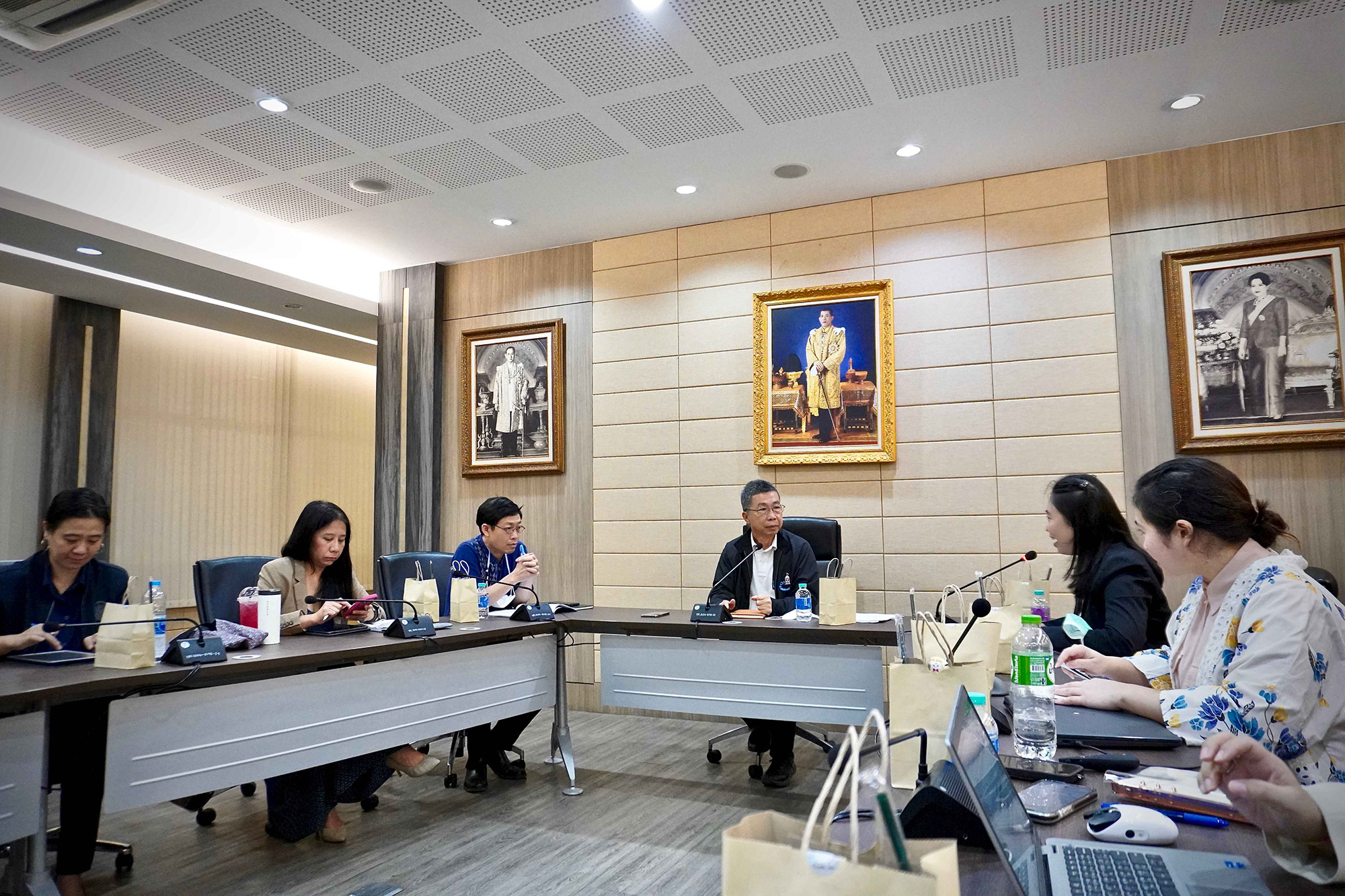
During the discussions, the DPT provided valuable insights into the current status of regulation and standard updates. Such exchanges guide the project in designing activities that seamlessly align with the mandate and responsibility of the DPT. “This meeting is not just about disseminating information but also about building a network of support and understanding amongst us,” Dr Dominika noted.
The DPT is now forming a working group to coordinate with the project, supplemented by the setting up of pilot city task teams. The operational planning workshop with the DPT working group and the DPT pilot city task team will be held in early February 2024, and will pave the way for significant steps towards continuous smooth collaboration.
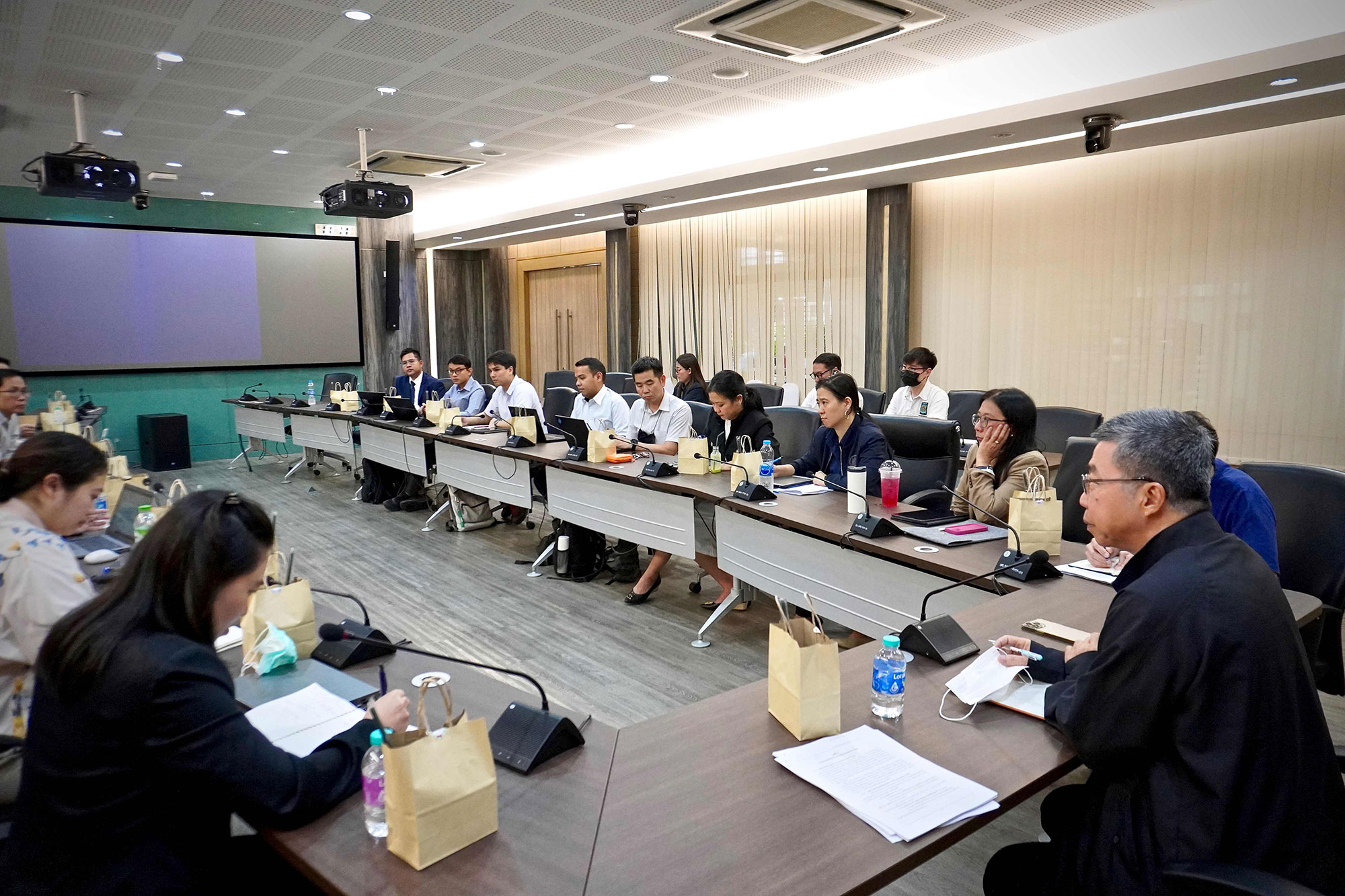
About Urban-Act
The Integrated Urban Climate Action for Low-Carbon and Resilient Cities (Urban-Act) is a regional project funded by the International Climate Initiative (IKI) of the German Federal Ministry for Economic Affairs and Climate Action (BMWK) over the period April 2022 to September 2026. This regional project aims to support the transformation towards low-carbon and resilient urban development in Asia-Pacific while also contributing to countries’ Nationally Determined Contributions (NDCs) and the advancement of the Sustainable Development Goals (SDGs). Urban-Act is implemented in China, India, Indonesia, the Philippines, and Thailand. Regional project partners include the Deutsche Gesellschaft für Internationale Zusammenarbeit (GIZ) GmbH, the United Nations Economic and Social Commission for Asia and the Pacific (ESCAP), United Cities and Local Governments Asia-Pacific (UCLG ASPAC), the Technical University Dortmund and the University of Stuttgart, as well as national consortium partners in each of the 5 partner countries. The Office of the Permanent Secretary for Interior (OPSI), Ministry of Interior (MoI), is the political partner in Thailand.
Heinrich Gudenus
Project director of Urban-Act
Email:heinrich.gudenus(at)giz.de